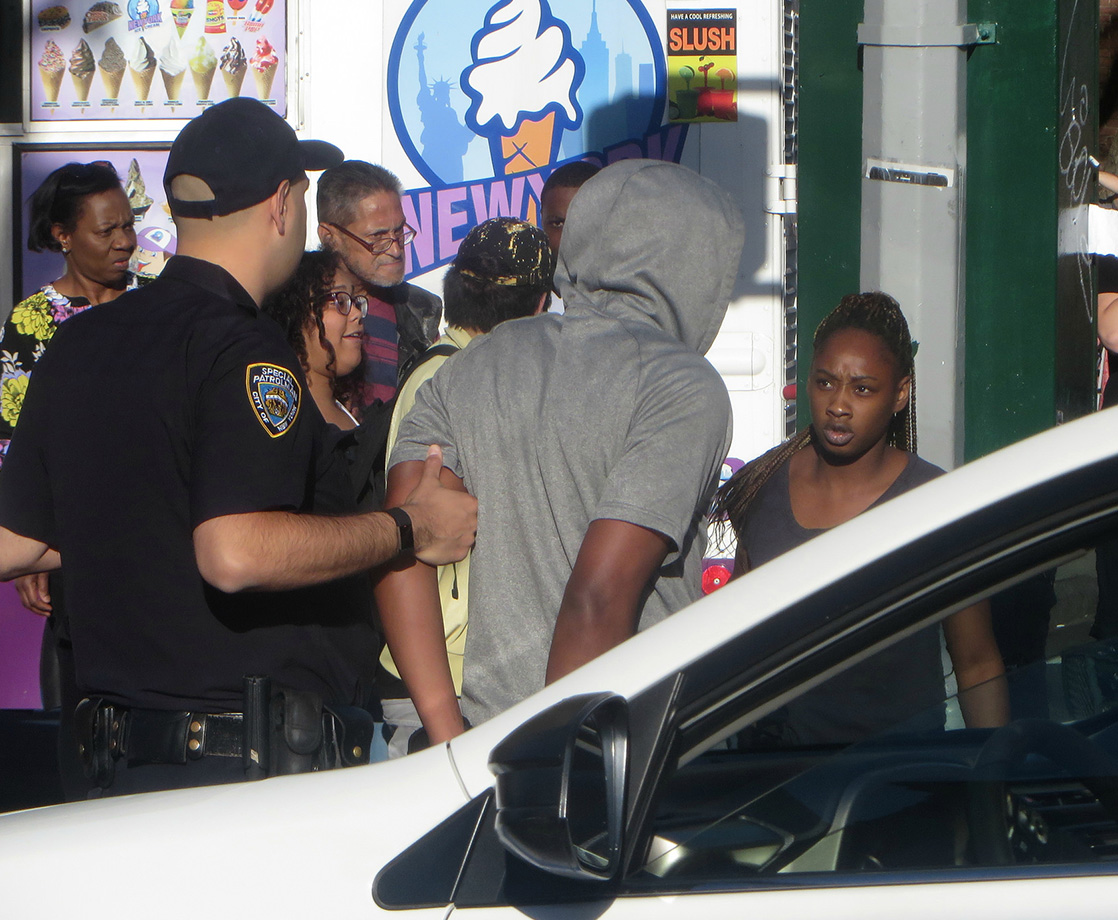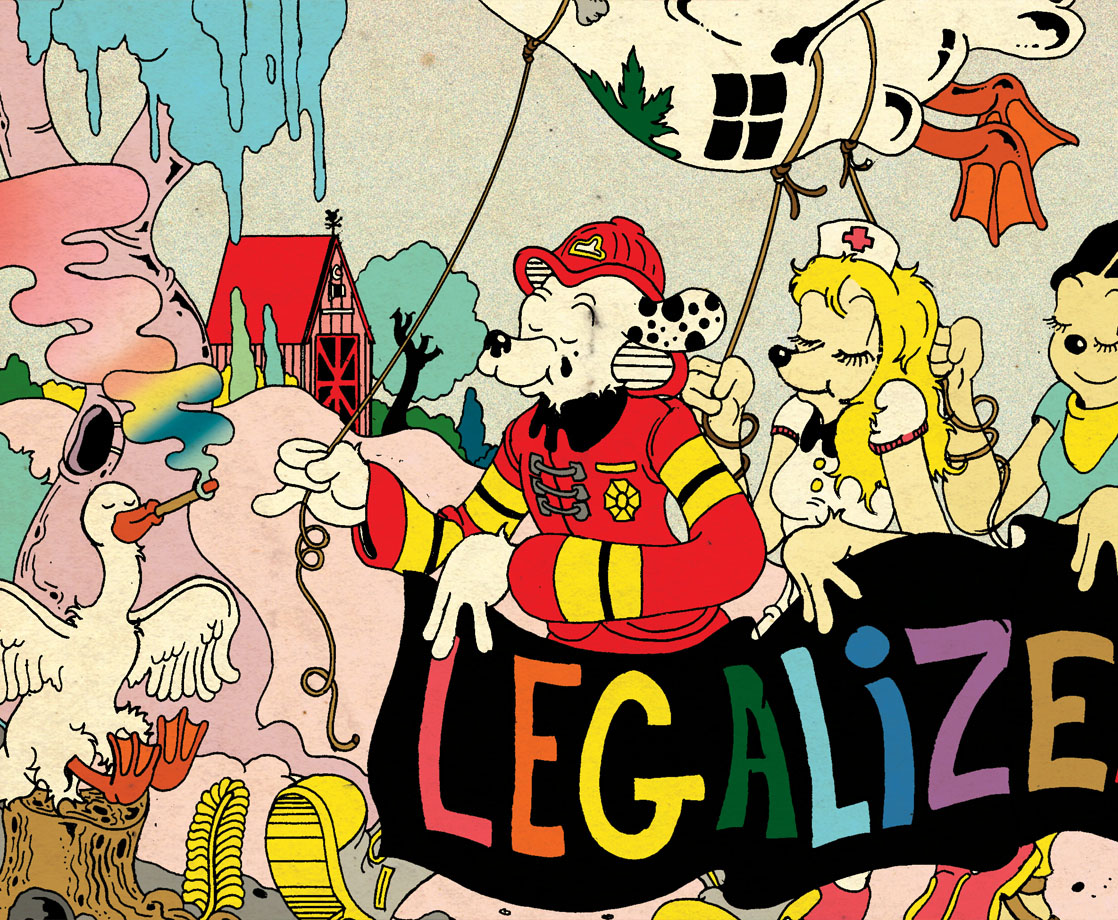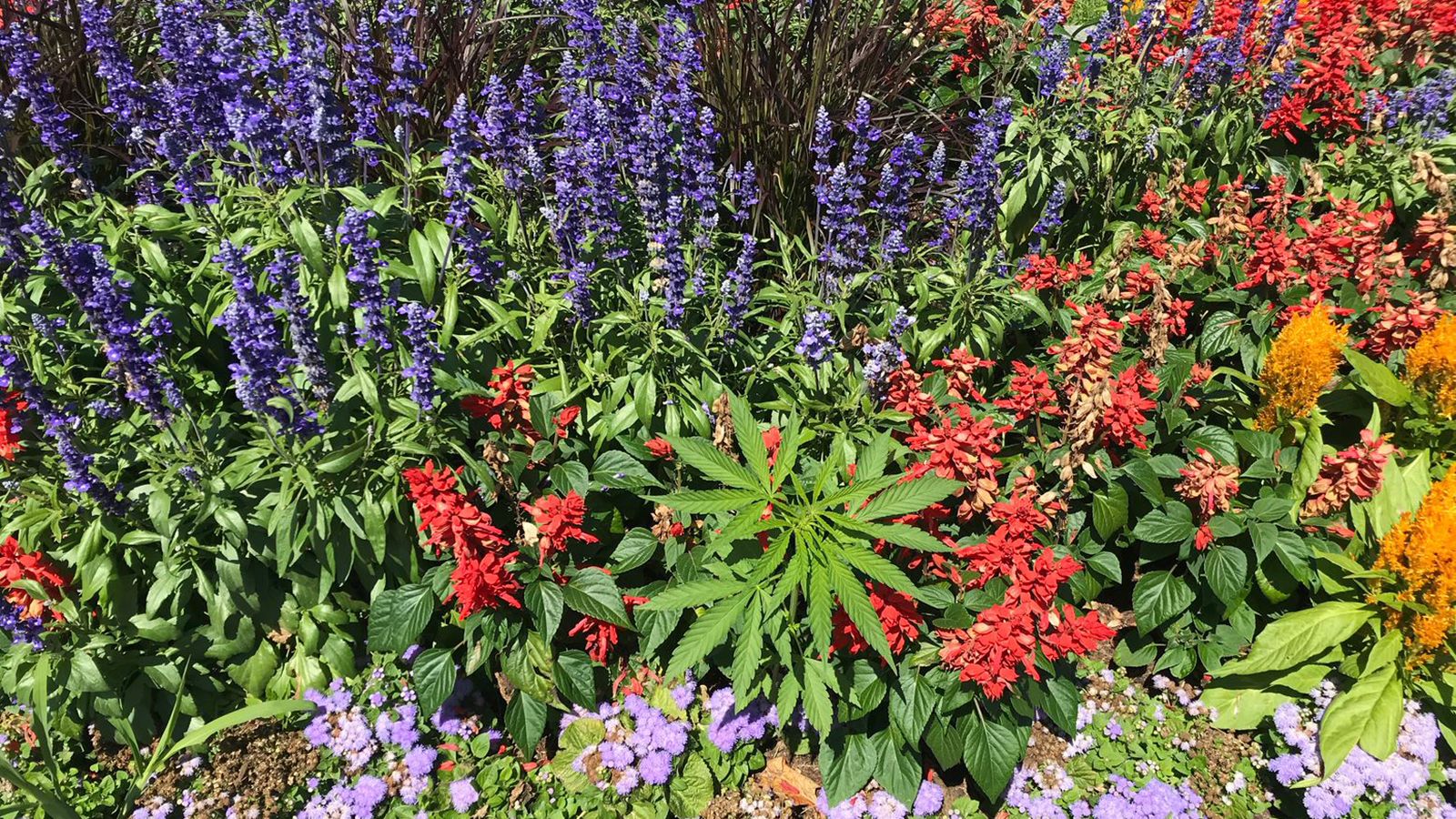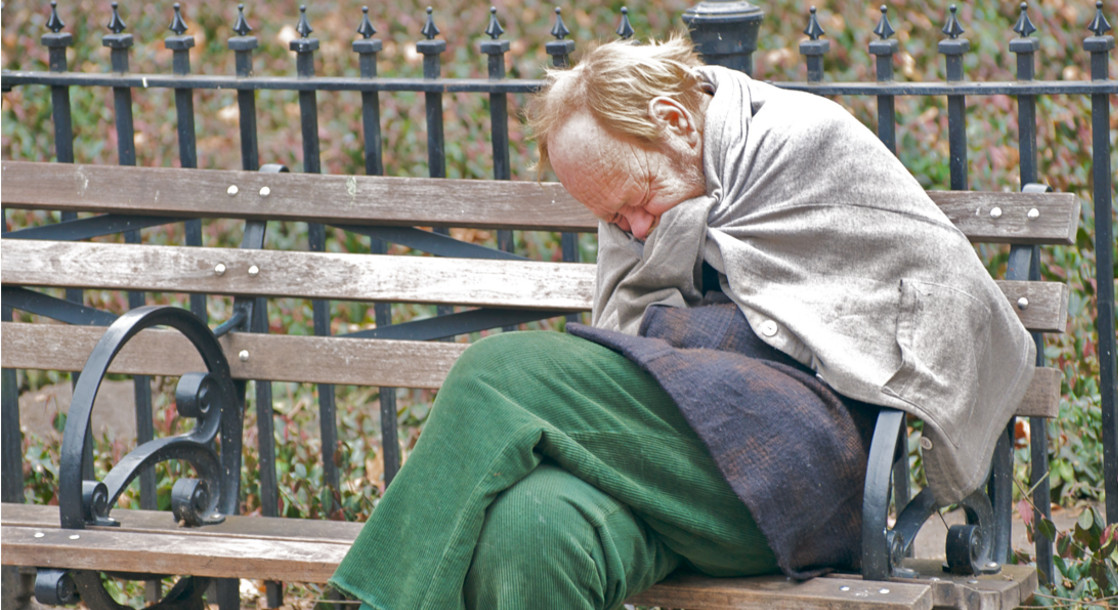A new policy put into practice by the Manhattan District Attorney's Office may finally put an end to the NYPD's rampant enforcement of low-level marijuana offenses against the borough's low-income and minority residents, accomplishing a task that Mayor Bill de Blasio has tried — and failed — to do several times now.
De Blasio made dozens of promises to end racially-targeted cannabis enforcement during his campaign and time in office, and has held several press conferences announcing that he was directing the NYPD to lay off low-level pot busts. Yet throughout the mayor's terms in office, the NYPD has actually increased its disproportionate enforcement of pot crimes. De Blasio announced that the city was decriminalizing low-level pot possession in 2014, by fining pot users rather than arresting them. But between 2014 and 2017, the NYPD arrested over 75,000 people for weed misdemeanors, 87% of whom were people of color.
This spring, the issue reared its ugly head again when NYPD Chief Dermot Shea reported that despite the supposed decriminalization policy, cops busted 17,800 people for weed possession in 2017 – and again, 86% of these were minorities. De Blasio held yet another press conference promising to stop the NYPD from targeting the city's black and brown residents, but recent statistics found that cops have actually been doubling down on their disproportionate enforcement. During the first six months of this year, the NYPD busted another 6,604 people for weed, and 93% of those arrested were people of color.
That may finally be set to change, at least in Manhattan and Brooklyn. In May, Manhattan District Attorney Cyrus Vance announced that his office would stop prosecuting minor marijuana possession and public smoking cases as of August 1st. That day has come at last, and the policy is now in full effect. The D.A.'s Office expects the total number of cannabis prosecutions to decrease from around 5,000 per year to less than 200 per year, a 96% decrease. There are still two categories of pot offenses that Vance's office will continue to prosecute — cases against pot dealers who have 10 or more bags of packaged weed, or anyone who is deemed a public safety threat, such as individuals who are already being investigated for serious crimes.
In Brooklyn, District Attorney Eric Gonzalez has also been taking his own steps to shut down prohibition. Last week, Gonzalez announced that cannabis prosecutions had already dropped by 91% from January to June, and total pot arrests had dropped by 60%. "Aggressive enforcement and prosecution of personal possession and use of marijuana does not keep us safer, and the glaring racial disparities in who is and is not arrested have contributed to a sense among many in our communities that the system is unfair," Gonzalez said in a statement, the New York Daily News reports. "This in turn contributes to a lack of trust in law enforcement, which makes us all less safe."
"Every day I ask our prosecutors to keep Manhattan safe and make our justice system more equal and fair," Vance said in a statement. "The needless criminalization of pot smoking frustrates this core mission, so we are removing ourselves from the equation. Our research has found virtually no public safety rationale for the ongoing arrest and prosecution of marijuana smoking, and no moral justification for the intolerable racial disparities that underlie enforcement. Tomorrow, our Office will exit a system wherein smoking a joint can ruin your job, your college application, or your immigration status, but our advocacy will continue. I urge New York lawmakers to legalize and regulate marijuana once and for all."
After years of hesitation, New York lawmakers seem to be finally getting around to doing just that. This May, after actress Cynthia Nixon made pot legalization a major tenet of her bid for governor, the state's Democratic Party officially endorsed the creation of a taxed and regulated adult-use market in the Empire State. Even incumbent Governor Andrew Cuomo, who has long opposed legalization, has realized the inevitability of legal weed and grudgingly backed these efforts.











